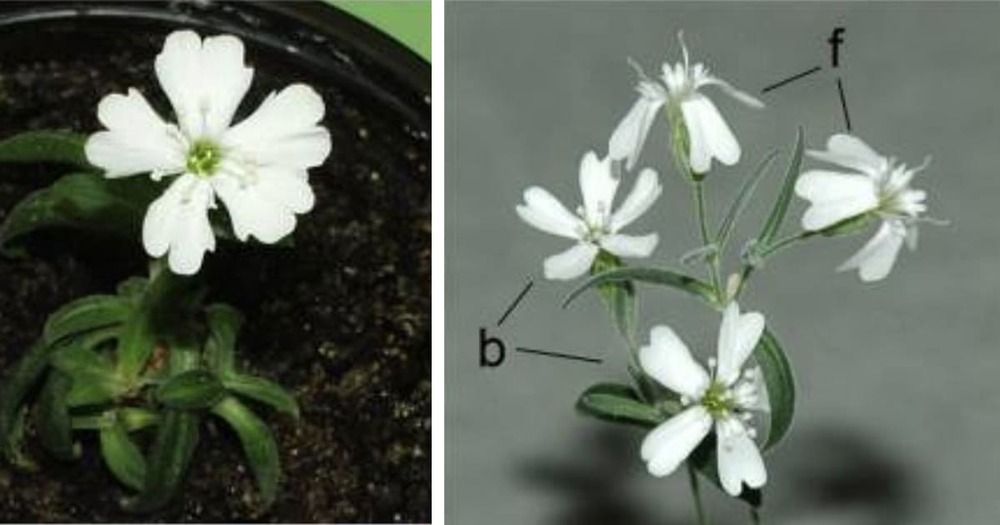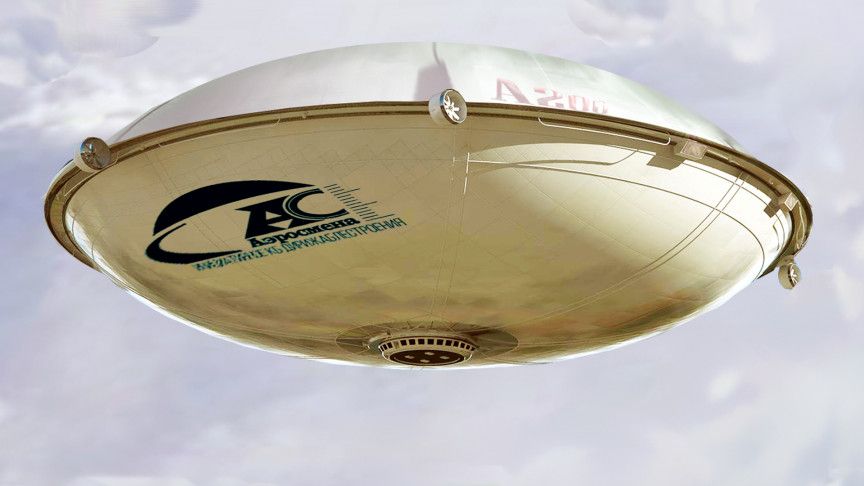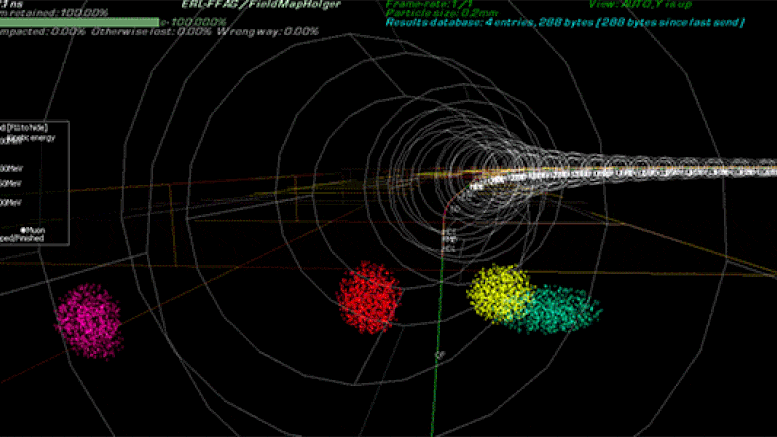With students stuck at home, this real-time simulator offered the next best thing to a fully stocked lab. Find out more.




Users can input a specific address or more generalized region, such as a state or country, and then choose a date ranging from zero to 750 million years ago.
The interactive tool enables users to home in on a specific location and visualize how it has evolved between the Cryogenian Period and the present.


Splitting water using suspensions of particulate carbon nitride-based photocatalysts may be a cheap way to produce hydrogen, but efficiencies have remained low. Now, Shen and colleagues use doped carbon nitride-based Z-scheme heterostructures to split water with a solar-to-hydrogen efficiency of 1.1% in the presence of metal-based co-catalysts.
#creativethink #spindle #motor.
I am show about making brushless spindle motor at 240v. the motor consist of three poles. the moto speed achieve 54000rpm.
————————————————————————————————————
Components Link :
1. Shaft (8mm)
https://amzn.to/3dXaApj.
2. Ball Bearing (8mm)
https://amzn.to/3bDGZ1e.
3. Copper Wire (.91mm)

Charles Flynn’s simple motor which has only one rotating part. Notes : http://www.free-energy-info.com/Videos.pdf ebook : http://www.free-energy-info.com/PJKbook.pdf

Behind the scenes of the Electron-Ion Collider, green accelerators that waste no energy, and chiral magnetic effect results debuting this summer.
When the Electron Ion Collider received the go-ahead in January 2020, it became the only new major accelerator in the works anywhere in the world.
“All the stars aligned,” said Elke-Caroline Aschenauer, Brookhaven National Laboratory Staff Scientist and a leader in developing the EIC plans. “We have the technology to build this unique particle accelerator and detector to do the measurements that, together with the underlying theory, can for the first time provide answers to longstanding fundamental questions in nuclear physics.”

The researchers believe that this shade of white may be the polar opposite equivalent of the blackest black – known as “Vantablack” – which absorbs up to 99.9% of visible light. An earlier version developed by the Purdue team in October last year reflected 95.5% of sunlight. However, this latest version is even more efficient with up to 98.1% reflected and keeps surfaces even cooler.
Typical commercial white paint gets warmer, rather than cooler. Paints on the market that are designed to reject heat reflect only 80%-90% of sunlight and can’t make surfaces cooler than their surroundings.